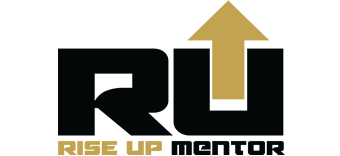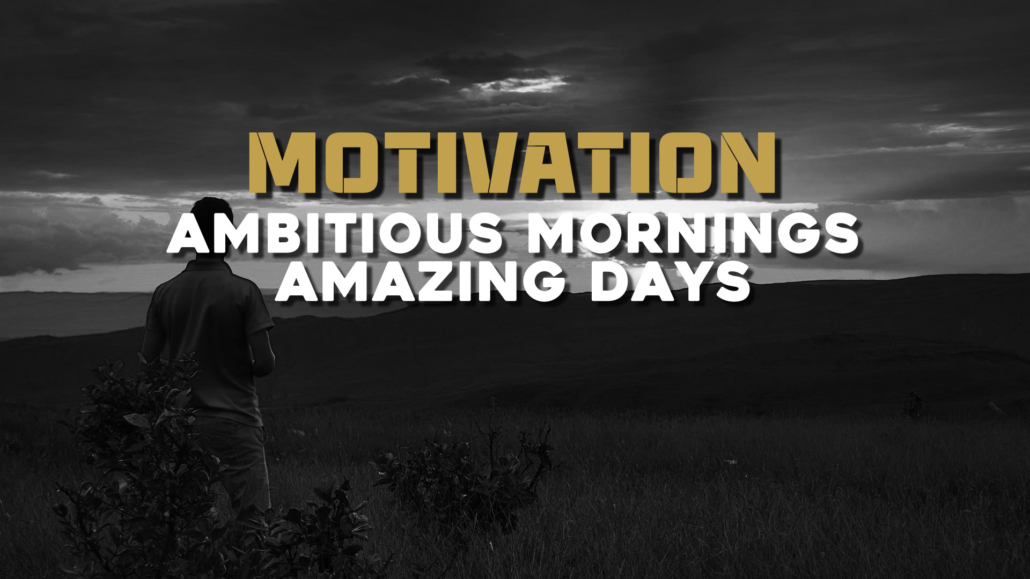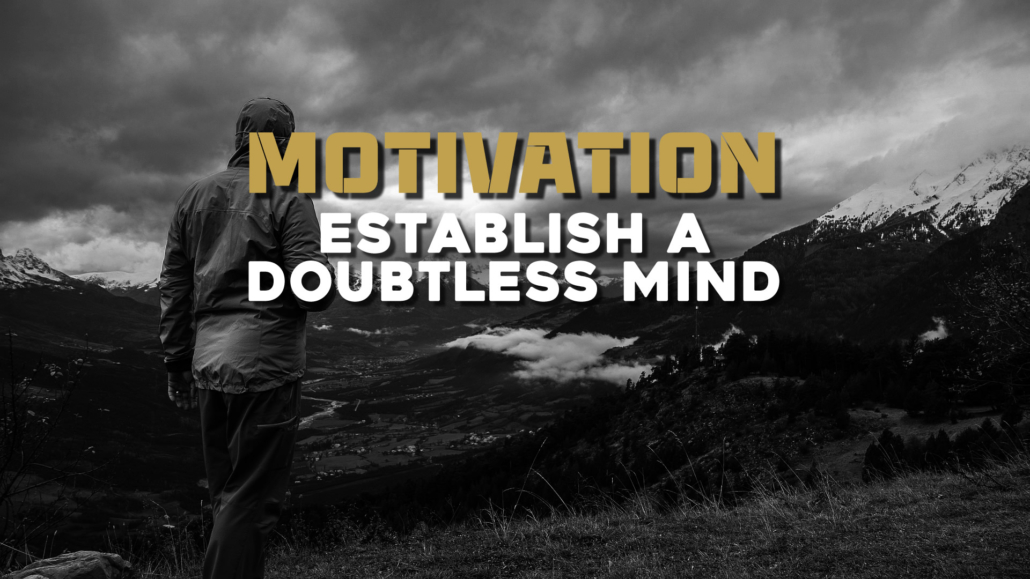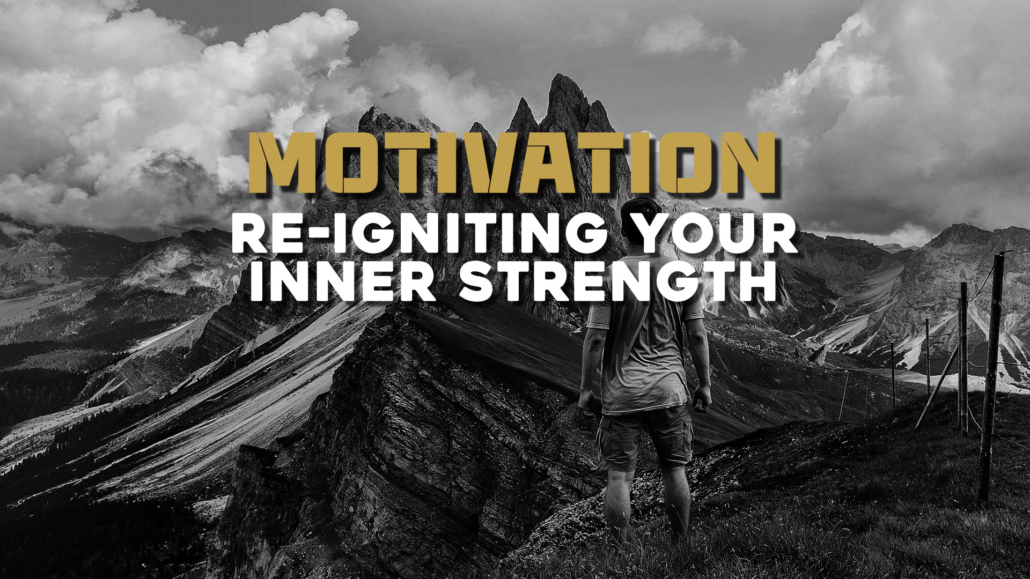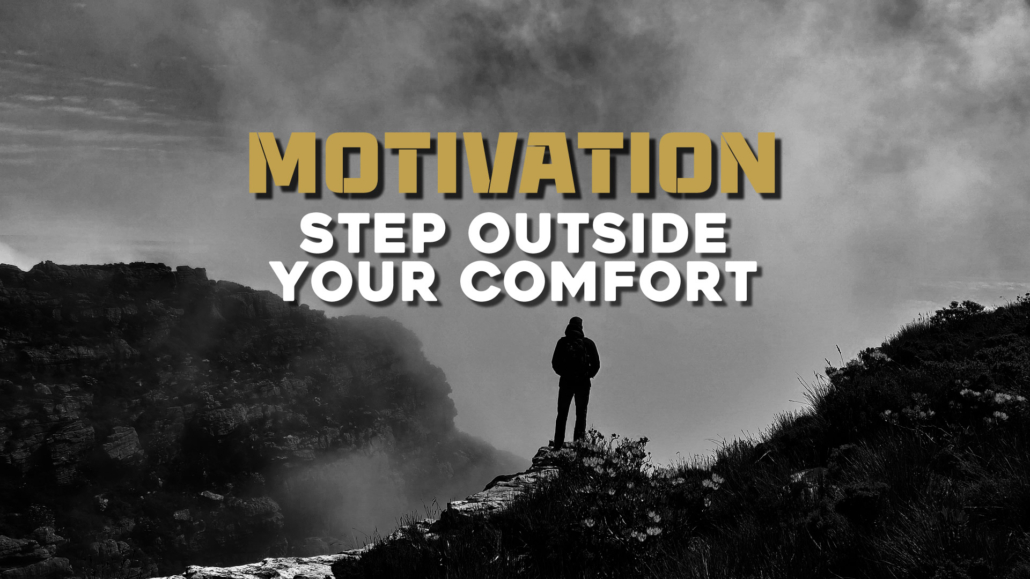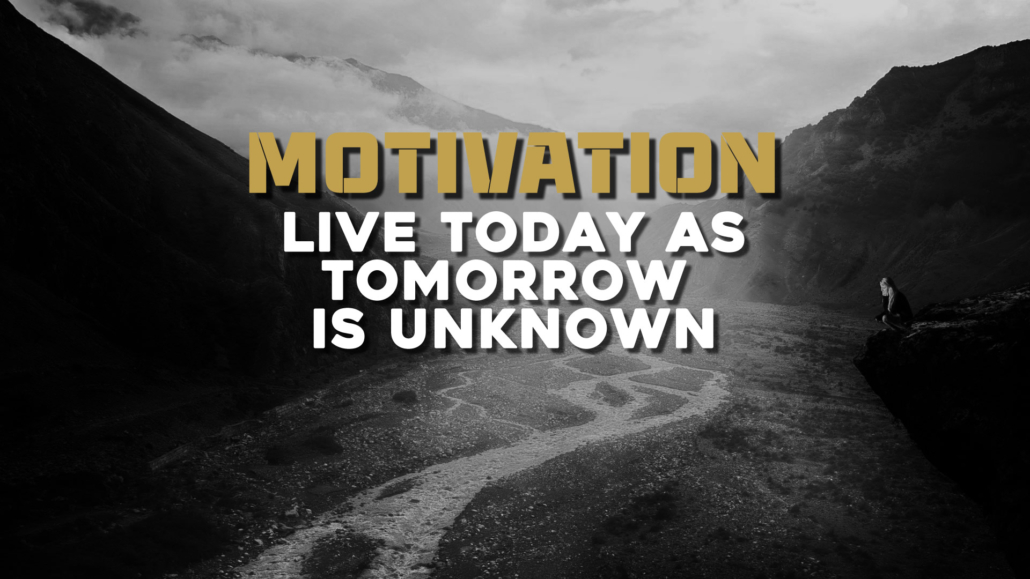 https://riseupmentor.com/wp-content/uploads/2023/12/Motivate-17-Live-Today-as-Tomorrow-Is-Uknown-1920x1080-No-Logo.jpg
1080
1920
Rise Up Mentor
https://riseupmentor.com/wp-content/uploads/2023/12/RiseUpMentor-Black-Logo-340x156-1.png
Rise Up Mentor2023-12-16 03:45:132023-12-16 03:45:15Ep. 34: Live Today as Tomorrow is Unknown
https://riseupmentor.com/wp-content/uploads/2023/12/Motivate-17-Live-Today-as-Tomorrow-Is-Uknown-1920x1080-No-Logo.jpg
1080
1920
Rise Up Mentor
https://riseupmentor.com/wp-content/uploads/2023/12/RiseUpMentor-Black-Logo-340x156-1.png
Rise Up Mentor2023-12-16 03:45:132023-12-16 03:45:15Ep. 34: Live Today as Tomorrow is UnknownRemaining focused and not distracted is an essential aspect of living a purposeful and fulfilling life. In today’s fast-paced and information-driven world, it is easy to become overwhelmed with distractions, choices, and uncertainties that can cloud our minds and hinder our ability to stay focused on what truly matters. However, maintaining clarity and focus is crucial for making wise decisions, setting meaningful goals, and pursuing our passions with true intention. It requires discipline, self-awareness, and a clear understanding of our values and priorities. When we are focused, we can make progress towards our goals, overcome challenges, and live a life that aligns with our purpose. In this age of constant noise and distractions, learning to remain focused and not distracted is a valuable skill that can help us navigate life’s complexities and make the most of our time and energy.
Remaining focused can be tough, I often fall victim to distractions myself. When my cell phone is nearby and lights up, sometimes I break my concentration to grab it and see what it is. Often, it’s one of those notifications that’s completely unimportant. Oh wow, another marketing email, go figure. So, I find myself breaking my focus on what is important, to look at something of no importance. My guess is just about anyone with a cell phone, which is basically every one today, can relate to that struggle. To deal with this, in times of needing to focus on important tasks, I try to put my phone away from where I am working. Other times, like during conversations, I put my phone with the screen facing down so that if something pops up, it is less likely draw my attention away.
The digital age we are living is has definitely increased us being more easily distracted.
- A study conducted by the National Center for Biotechnology Information (NCBI) found that people are easily distracted by digital technology, particularly smartphones. The study revealed that participants experienced higher levels of distraction and reduced productivity when they had access to their smartphones during tasks, even if they did not actively use them. The mere presence of smartphones was enough to impair participants’ ability to focus and remain attentive to the task at hand.
- A study conducted by Microsoft Corporation found that the average attention span of humans has decreased from 12 seconds in the year 2000 to just 8 seconds in 2015, which is shorter than the attention span of a goldfish! The study attributed this decline in attention span to the increasing use of digital devices and the constant bombardment of information and stimuli in today’s fast-paced, technology-driven world.
Overall, these studies highlight how easily people are distracted in today’s digital age, with the presence of smartphones and information overload being significant contributing factors. It underscores the importance of being intentional about managing distractions and maintaining focus in order to optimize productivity and cognitive performance in various aspects of life.
So what are some of the most common distractions we are faced with in our lives, often daily, or multiple times a day,
- Mobile Devices: As I mentioned, our cell phones are one of, if not the biggest distractions in our lives today, along with social media on those devices. Then to top it off is all the notifications on those devices.
- Multitasking: Trying to juggle multiple tasks or activities at once can lead to decreased focus and productivity, as the brain is constantly shifting attention between different tasks.
- Noise: Environmental noise, such as conversations, traffic, or construction sounds, can disrupt concentration and make it challenging to stay focused.
- Meetings and interruptions: Frequent meetings, interruptions from colleagues or family members, and unexpected phone calls can disrupt workflow and divert attention from the task at hand.
- Procrastination: Putting off tasks or responsibilities, and engaging in unproductive activities, such as excessive web browsing or watching videos, can waste time and hinder focus.
- Personal worries or stress: Personal concerns, worries, or stressors can preoccupy the mind and make it difficult to concentrate on the task at hand.
- Lack of organization or clarity: Disorganized workspaces, unclear goals or priorities, and a lack of structure can lead to distraction and difficulty in staying focused.
- Internal distractions: Internal distractions, such as daydreaming, mind wandering, or lack of motivation, can also impact focus and productivity.
It’s important to be aware of these common distractions and take proactive measures to manage them effectively in order to maintain focus and productivity in various aspects of life. Setting clear goals, establishing boundaries with technology, practicing time management, and creating a conducive work environment can all help in minimizing distractions and staying focused.
Specifically, here are some ways and specifics on dealing with common distractions we face.
- Establish clear goals and priorities: Setting clear goals and priorities can help you stay focused on what truly matters and avoid getting distracted by less important tasks or activities. Write down your goals and refer to them regularly to stay on track.
- Create a conducive work environment: Set up a dedicated and organized workspace that minimizes external distractions. Keep your workspace clean and clutter-free, and consider using tools such as noise-cancelling headphones or a do-not-disturb sign to minimize interruptions.
- Practice time management: Use time management techniques, such as the Pomodoro Technique, to structure your work time into focused intervals with short breaks in between. This can help you stay disciplined and focused during work or study sessions.
- Set boundaries with technology: Turn off unnecessary notifications on your devices, limit your use of social media during work hours, and avoid keeping your phone within reach while working on important tasks. Use technology intentionally and purposefully, rather than letting it dictate your attention.
- Prioritize single-tasking when possible: Avoid multitasking as much as possible, as it can lead to decreased productivity and increased distractions. Instead, focus on one task at a time, and give it your full attention until it is completed.
- Practice mindfulness: Cultivate mindfulness and present moment awareness to help you become more aware of distractions as they arise, and develop the ability to refocus your attention on the task at hand.
- Manage internal distractions: Notice and acknowledge internal distractions, such as wandering thoughts or lack of motivation, and take steps to address them. Practice techniques such as deep breathing, meditation, or visualization to calm the mind and refocus your attention.
- Take regular breaks: Taking short, intentional breaks can help you recharge and maintain focus over an extended period of time. Use breaks to stretch, take a walk, or engage in a brief relaxation exercise to clear your mind and come back to your task with renewed focus.
Remember, dealing with distractions requires self-discipline and consistent effort. By implementing these strategies and creating healthy habits, you can improve your ability to stay focused and productive in various areas of your life.
When it comes to distraction here is a great quote:
- “Concentrate all your thoughts upon the work at hand. The sun’s rays do not burn until brought to a focus.” – Alexander Graham Bell
Here, Bell is suggesting that just like the sun’s rays, our efforts become more effective when we concentrate our thoughts and energy on the task at hand.
Distractions are inevitable in today’s fast-paced world, but they don’t have to derail our progress. The key is to develop strategies to deal with and overcome distractions, so we can stay focused on our goals and aspirations. Remember that distractions can come in various forms, from external interruptions to internal thoughts and emotions. It’s important to prioritize, set boundaries, and manage our time effectively. Be intentional about what deserves your attention and energy and learn to say no to distractions that do not align with your goals. Stay disciplined and committed to your purpose and be proactive in eliminating or minimizing distractions from your environment. Remember that focus is a muscle that can be strengthened with practice, so be patient with yourself and keep striving for improvement. When distractions arise, take a deep breath, refocus, and realign with your purpose. Remember, overcoming distractions is not a one-time task, but a continuous effort that requires determination, self-awareness, and perseverance. Stay resilient, stay focused, and you will become successfully less distracted.
That’s all for this episode. Remember, that with determination, discipline, and intentional choices, you can overcome distractions and achieve the success and fulfillment you desire. Keep your eyes on the prize and stay committed to your path with unwavering resolve. You’ve got this!
